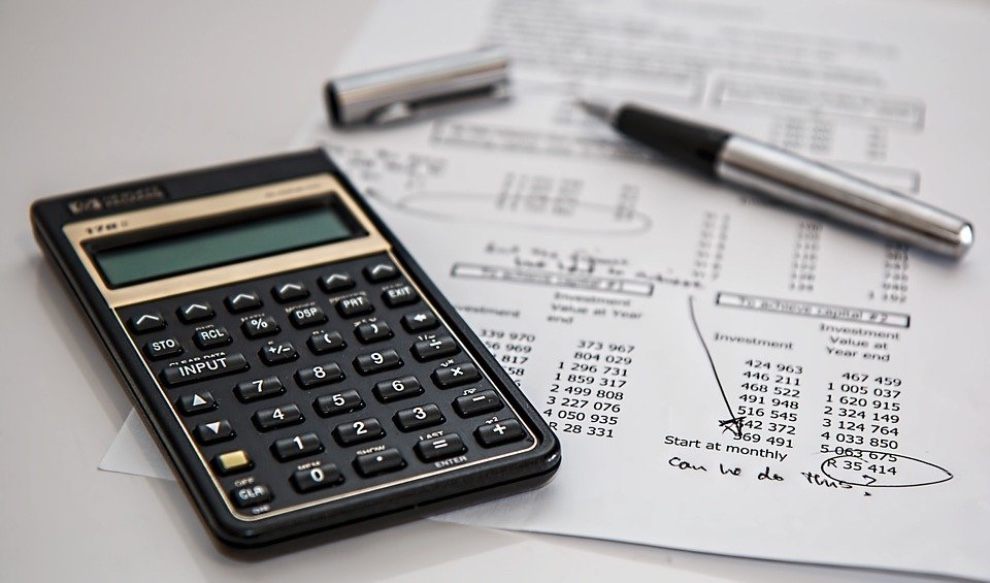
How Do You Do Your Own Accounts When Self Employed?
Starting your own business is an exciting adventure; however, you can’t say the same about every aspect of your business when you are self-employed. Unless you have a certificate in accounting or finance, managing your company’s books is a challenge. Not only is calculating your income, expenses, and taxes hard, it’s also a sensitive task where even the smallest of errors can get you in trouble.
Sure, you can hire someone to do your accounts, but this might cost you more than you can afford. Once you understand the process, you really can do it on your own. Read on find out more about accounts when you are self-employed:
Open a Separate Bank Account For Your Business
No matter how small your business, opening up a separate bank account will make your life easier when doing your accounts. Going through every single transaction on your bank statement and separating personal and business items is a daunting and time-consuming activity. It leaves room for lots of errors that can mess up your calculations. When you separate your business and personal expenses calculating your taxes is made easier. Before you rush into choosing any bank, shop around for attractive deals that banks offer sole traders like yourself. If your business is not generating much income, it might be smarter to open another personal account, which is usually free of charge instead of coming with business-related fees. Once you have your business account, be exact about recording every single transaction in a timely manner.
Use Helpful Accounting Tools
If you aren’t an accounting expert, you don’t need to struggle with your company books each month. There are accounting tools and software that are specifically designed to help self-employed individuals with bookkeeping and tax calculation. According to the information provided in this review, some specialized websites will make your transaction-tracking as simple as swiping right and left. Once you subscribe to their services and set up your account, you will also be able to pay your invoices online and save copies for future use. While committing to a monthly fee for accounting software can be expensive at first glance, it will make your job a lot easier and can help you to save money.
Manage Your Invoices
Keeping accurate invoices is crucial for you, your paying customers, and also when filing your tax returns. You don’t have to splurge on a fancy invoicing system, something as simple as a properly coded excel sheet can do the job. However, keep in mind that, as the number of your customers and suppliers grows, you will need a more thorough system.
Learn About Your Tax Profile

Depending on your revenue, you will be placed in a certain tax profile. It’s your responsibility to learn more about your profile and understand the rates and dates that you need to abide by. You should also look for information regarding tax returns and exemptions to avoid unnecessary overpaying.
Claim Your Expenses
Being self-employed means that you have the right to claim some of the expenses you incur in running your business. If you work from home, a portion of your rent, heating, and lighting expenses can be claimed on this account. Even your personal phone bill can be partially reimbursed if you can prove that you’ve been using it for work purposes.
Follow a Timeplan
Late payments, whether to your creditors or the tax authority can subject you to hefty penalties and fines. If you want to manage your accounts well, you have to make sure that everything is done in a timely manner. It helps if you can draw out a calendar for all the key dates that you don’t want to miss.
Seek Accounting Advice
Just because you can’t hire an accountant to do your accounts, you can still consult experts. Tax laws are constantly being updated, which might leave you confused and unable to keep up. Look for experienced individuals whom you can reach out to from time to time to make sure you’re on the right track.
Maybe you hadn’t given much thought to bookkeeping when you first started your personal business; however, as you’ll come to learn, it’s an integral part of your endeavor. With some planning and organizing, you can manage it on your own without needing any extra help. All you would have to do is give yourself a crash course on how to manage your own invoices, how to calculate your taxes, and how to claim your expenses. Use our guide to put an efficient system in place that can grow with your business.




















